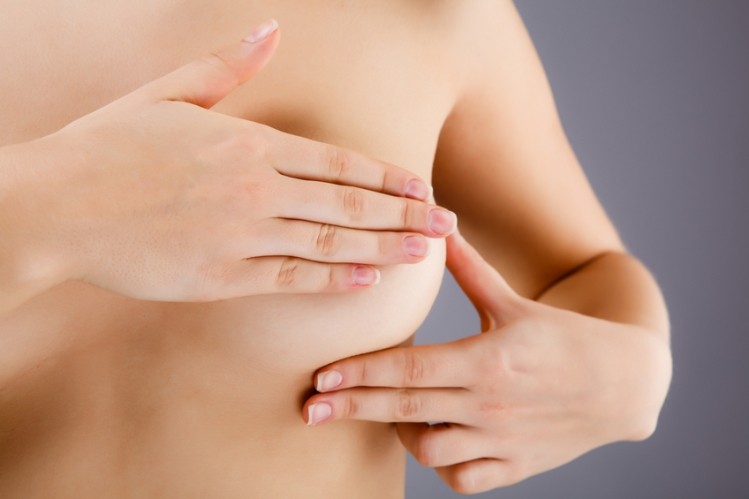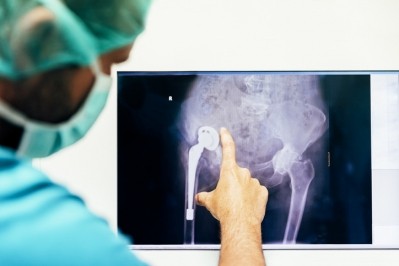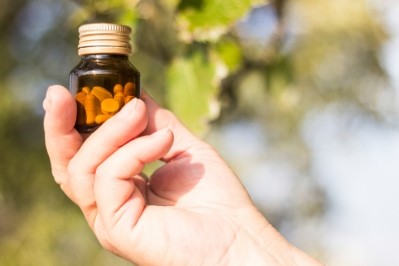Vitamin D link to breast cancer met with cautious response from experts

The academics’ muted reaction refers to a study that finds women with a vitamin D deficiency (less than 20 nanograms per millilitre (ng/ml), had a higher risk of breast cancer.
The Pakistani team also say women with a history of vitamin D supplementation one year prior to enrolment, have a significant protective effect against breast cancer.
“Findings of significant association between vitamin D deficiency and breast cancer is important as the prevalence of vitamin D deficiency and breast cancer are both high among Pakistani women,” says lead study investigator Dr Uzma Shamsi, a University of Adelaide PhD graduate
‘‘However, it is not possible to prove the causal relationship between vitamin D and breast cancer due to the limitation of the current case control study design,” she says.
“Further high-quality cohort and molecular studies are needed to draw firmer conclusions and clarify this association in a dose-response relationship.
Inconclusive studies
The protective role of vitamin D in breast cancer has been the subject of several studies, which have proved inconclusive.
While lab and genetic studies suggest promising anticancer effects, limited evidence, from human studies on breast cancer and vitamin D in Western populations suggests a protective role.
Vitamin D’s anticarcinogenic properties may lie in its ability to stimulate cell death, inhibit and slow cell growth factors, and improve cell cycle regulatory factors.
Another biological plausible mechanism is through its role in both innate and adaptive immune system
Also, a review suggests activation or restoration of the vitamin D regulated pathways has a potential to serve as avenue for human breast cancer prevention.
“The new study is consistent with some past studies that show associations between low vitamin D levels and the new diagnosis of cancer, in this case breast cancer,” says Dr Bernard Khoo, senior clinical lecturer in endocrinology at University College London (UCL).
“However, this is only an association and does not scientifically show a causal relationship between lack of vitamin D and cancer.”
“Data from other randomised controlled trials do not support a major role for vitamin D supplementation in preventing cancer, for example the VITAL trial which did not show any effect of vitamin D supplementation on the risk of developing breast cancer.”
Methodology
Dr Shamsi’s team began a multicentre case control study in two large hospitals of Karachi, Pakistan.
Here, data was collected from 400 breast cancer cases and 1194 cancer-free women, which detailed sociodemographic status, vitamin D supplementation, past medical and reproductive history.
Additional details gathered included family history of breast cancer and sun exposure history, with blood also taken to measure serum vitamin D level.
Dr Shamsi’s findings held true even after results were adjusted for breast cancer risk factors such as participant age at first live birth, number of children, age at menopause and body mass index (BMI).
A surprising finding in the study was that there was no association of common risk factors with breast cancer among the study participants.
“The research is moderate quality,” says Dr Khoo. “Although there is a statistically significant relationship between low vitamin D levels and the diagnosis of breast cancer, it is clear that there are other factors which influence vitamin D levels (e.g. socioeconomic status) which are known to be associated with cancer diagnosis.
“I appreciate that the researchers did try to adjust for socioeconomic status and other factors which are known to influence breast cancer incidence, but I think it is still more likely that there are many confounding factors that influence the likelihood of vitamin D deficiency and simultaneously the risk of breast cancer.”
‘Cautious with the findings’
Dr Zaki Hassan-Smith, consultant endocrinologist at the University Hospitals Birmingham, adds, “Although study is interesting, I would be very cautious with the findings.
“The clinical significance of vitamin D deficiency is not addressed by the study design. It is unable to assess whether vitamin D supplementation would prevent breast cancer or improve outcomes.
“This is a relatively small observational study. Well-designed large-scale randomised control trials would address this question.
“However, these studies are expensive to carry out. A number of recent large-scale studies looking at the impact of vitamin D non-skeletal disease outcomes have failed to show benefit.”
However, Dr Inez Schoenmakers, senior lecturer, department of medicine at Norwich Medical School, disagreed with overall opinion, calling the research “a well conducted retrospective case-control study”.
“Unique about this study is that vitamin D status of the women was low compared to many other studies and that the study was conducted in women with a relatively low sunshine exposure due to their dress style.
“This may differ from studies in more Western populations, where the vitamin D produced in the skin under the influence of sunshine is – for many – an important contributor to their vitamin D supply.
“As for all studies of this type, this need replicating in a randomised placebo-controlled trial. We therefore need to be conservative in our interpretation of the findings’ relevance for health policy.”
Source: PLoS ONE
Published online: doi.org/10.1371/journal.pone.0225402
“A multicenter case control study of association of vitamin D with breast cancer among women in Karachi, Pakistan”
Authors: Shamsi U, Khan S, Azam I, Habib Khan A, Maqbool A, Hanif M, et al.















